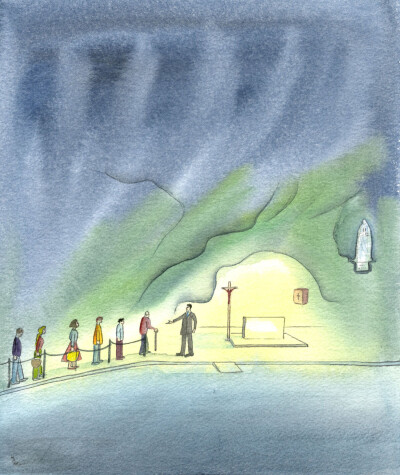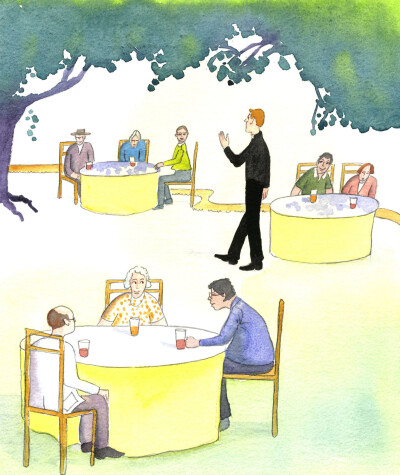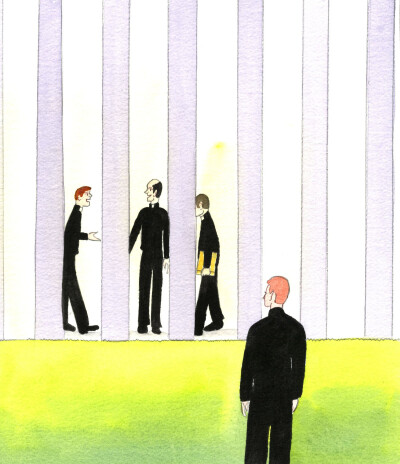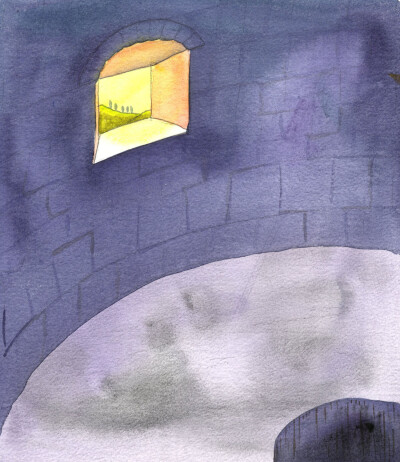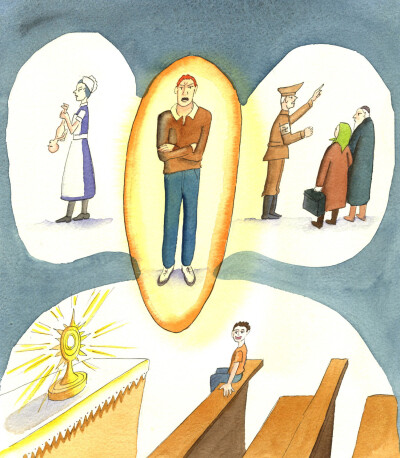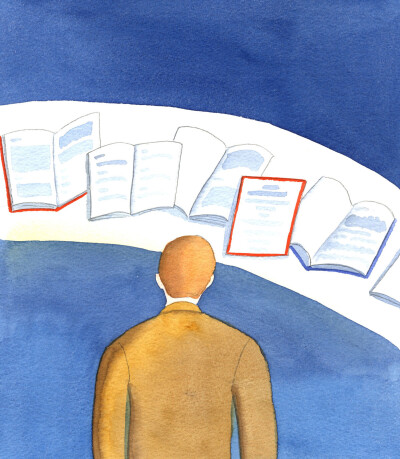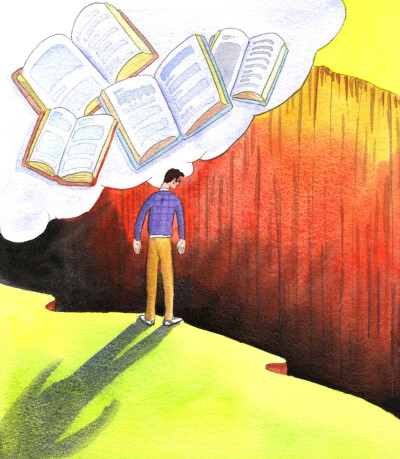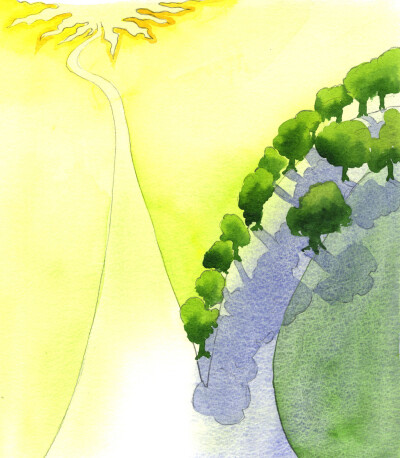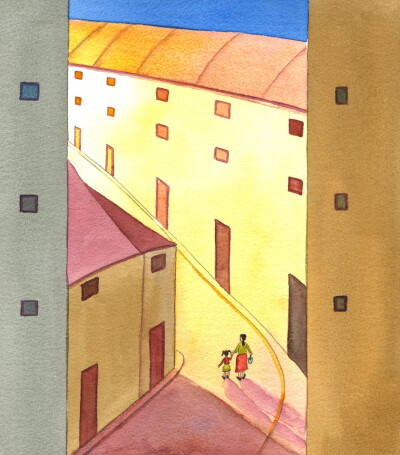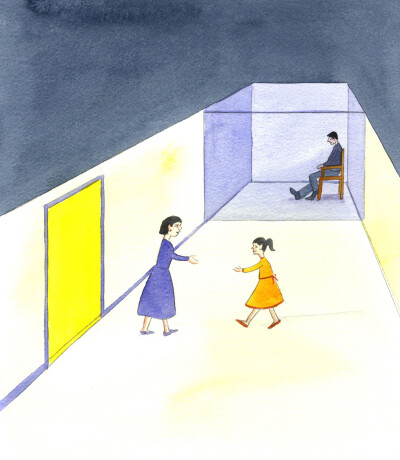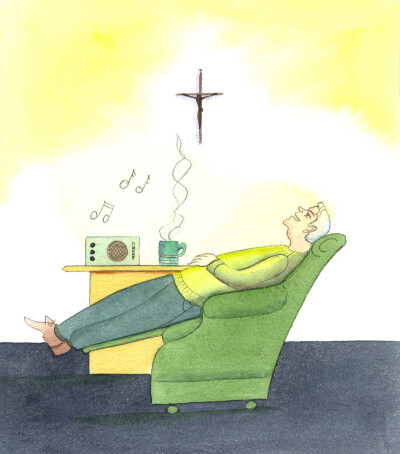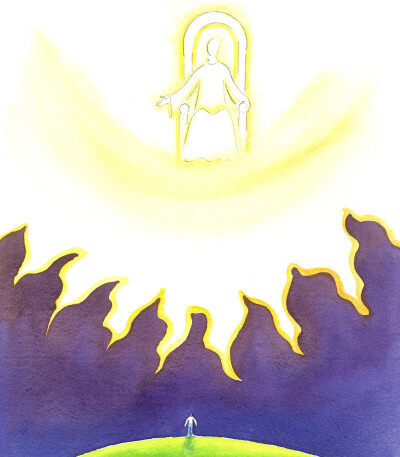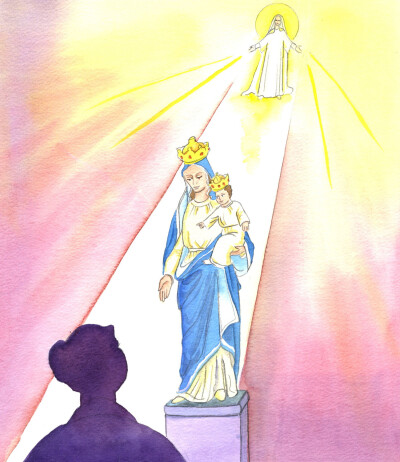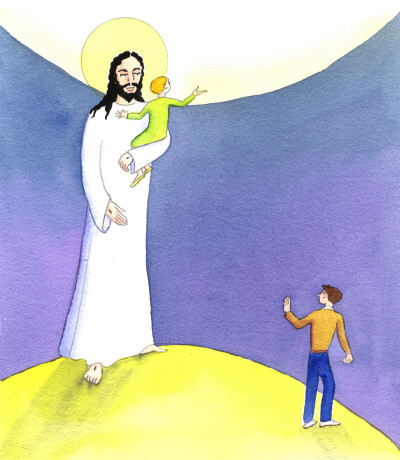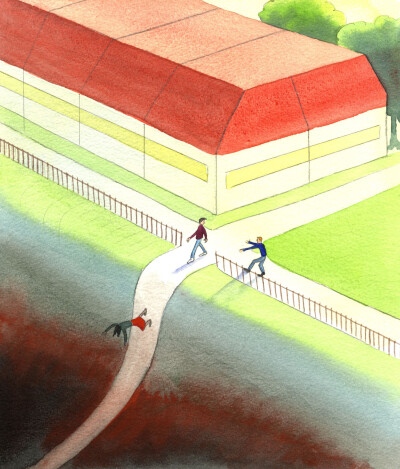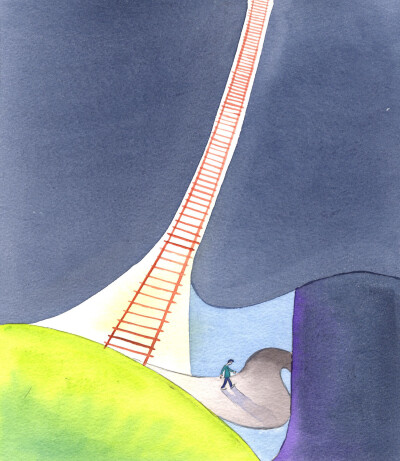Search Page
Showing 521 - 540 of 635
Christ's own people found it difficult to recognise, in a Person suffering pain and humiliation, the King or warrior they awaited as a Saviour. But in His Resurrection Christ performed a marvel greater than any achieved in a throne-room or a battlefield. Truly, He and God the Father are One, as Christ said.
People walk toward Christ and Our Lady when they approach the Grotto at Lourdes; and whenever people approach Christ and His Mother - through the Blessed Sacrament, or at Mass, or at a shrine, or in private prayer - they are 'walking in the right direction'.
We are used to making kindly judgements, as Christ has requested; but it can happen that a priest grows lukewarm. He acts in a pleasant, affectionate manner, whilst neglecting his prayers, and failing to show people, in private, the respect he shows in public.
As if looking through a colonnade at busy people, a person in the Church who has begun to doubt his vocation feels as if he is isolated, in a dimly-lit place: an outsider, looking inwards, and afraid of greater commitment. Prayer is essential, by him, and for him, if he is to look on his state through the eyes of Christ.
In medieval times, powerful men had a castle, with towers used as dungeons for enemies. A worse fate awaits people who die in unrepented sin, especially acts of malice or cruelty towards their fellow men. God does not want to send people to Hell. Wicked people condemn themselves, for if they refuse to live with God, Who is good, they must live without goodness, or peace, or love.
Carelessness can be the first step on a path that leads to terrible results. Carelessness about life leads to the deaths of innocent babies by abortion. Carelessness about our neighbour's welfare leads to silence when they are harmed by an evil regime. Carelessness in catechesis can lead to gross irreverence towards Christ our God and Saviour, and to uncharity towards the neighbour who prays - and even to carelessness about the moral law, and about sin and death.
People urge us to live in fear of global warming or disease, and expect us to make huge sacrifices for their causes. Yet if Christians urge people to change the sinful behaviour that plainly damages their lives, their families, and society, they are accused of not respecting the freedom and diversity of their fellow creatures!
We need to think about death. In the life-time of a Catholic, a person might see hundreds of prayer cards and leaflets containing noble and encouraging phrases: the equivalent of notices in the doctor's surgeries, urging people to take care of their health. Many people will ask themselves, as they die: "Did I take enough notice of those warnings?"
Before we arrive at the edge of the Abyss, in dying, each of us would do well to ask: "have I done what God wanted, to arrive at death with a peaceful heart?" What could each of us have taken to heart, from all the prayer cards, novenas, spiritual warnings, that we have read in a lifetime?
We need to pray for ourselves, and for others. We must remember that a simple choice lies before each of us, whether to follow the Way that leads to life: Christ's Way - or to follow the other fork in the road, into a dark path that leads downwards, amongst trees, where people try to hide their sins from God. Only one Way leads towards Heaven.
People who try to persevere in doing good, in ordinary life, even in obscurity, or with unexpected hardships, or further problems which seem impossible to survive, are walking steadily upwards towards Heaven, like the woman on a narrow street, sloping upwards, in a Mediterranean town.
When healthy people feel trapped in doubt, gloom or lack of hope, they might hide away in darkness, doing only the minimum of ordinary duties, and generally inactive and unsociable. The life of a Christian inevitably stagnates or decays if it is not regularly employed in the praise of God, and acts of love towards others.
A wise person is aware of real intentions. We are not wrong to pray to God when we are comfortable, enjoying mood music and a hot drink. But the pleasant feelings developed are sense-pleasures, not indications of the presence of God. He is most reverently approached, for prayer, by those who kneel or stand, or otherwise indicate humility before Him, and who, during prayer, shun pleasure, in order to make room, so to speak, for whatever gifts and graces God might choose to give them.
If we could see into Heaven, and if the Lord said to us: 'Is there anything bad, sour, impure, unloving, cruel or in any way sinful, here?' we would have to say 'No'. Then we would need to reflect: 'How can anyone enter Heaven if he has not yet been willing to change his life?' It is not complicated, to reach towards God. We can all start, in private prayer.
A holy statue is a means blessed by the Church, to help us to focus on a particular holy person in prayer, and a means of propelling our thoughts towards a person who is now in glory, or to a particular topic, such as the Passion of Christ, or another Scriptural event.
The state of someone who trusts in Christ, and who therefore prays confident prayers in and through Christ to the Father is very different from the state of a person who seems to say to Christ, in unbelief: 'Go away. I don't believe in You.' That person has rejected the one means of being brought towards Heaven and having access to the Father; in other words, he has refused to be saved.
People who spread the Faith, working to draw others from sinful acts and ways of life are acting, in the moral sphere, are as if drawing people away from a street that moves so swiftly downwards that people inevitably fall or crash. Of course, indirect evangelisation too is valuable, through good example, faithful work, and prayers and penances.
We are foolish if we joke about 'a few years in Purgatory'. Those of the faithful who die in grace but are unworthy to enter Heaven go to Purgatory, as if along a dim corridor. Each realises that he is safe, but groans with sorrow and regret at how lukewarm had been his love for God, and how foolish and disobedient he has been.
People who make decisions about war and peace should think first of all about the people involved. People are more important than land, although nationhood is important, and it is not wrong to defend a homeland and its borders in a reasonable manner. But it is always important to keep in mind the just treatment of human beings.
A person who tries to do God's Will but who cannot see exactly where God is leading him must not give up hope. Even in semi-darkness he can still move forward. As long as he is surviving, his state must not worry him. All will be well, and will become clearer, at a time that God decrees.
Showing 521 - 540 of 635


